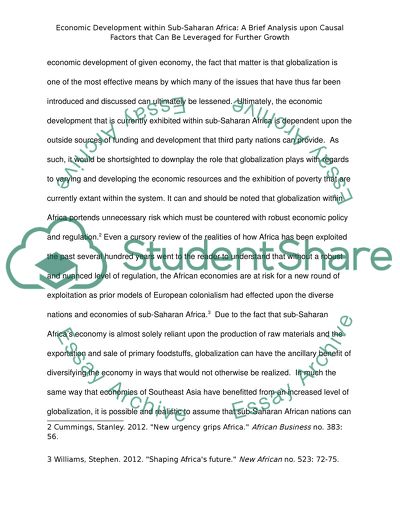Cite this document
(“Chapter 6 : Looking Back Toward the Future -Using traditional Research Paper”, n.d.)
Retrieved from https://studentshare.org/history/1476067-chapter
Retrieved from https://studentshare.org/history/1476067-chapter
(Chapter 6 : Looking Back Toward the Future -Using Traditional Research Paper)
https://studentshare.org/history/1476067-chapter.
https://studentshare.org/history/1476067-chapter.
“Chapter 6 : Looking Back Toward the Future -Using Traditional Research Paper”, n.d. https://studentshare.org/history/1476067-chapter.


